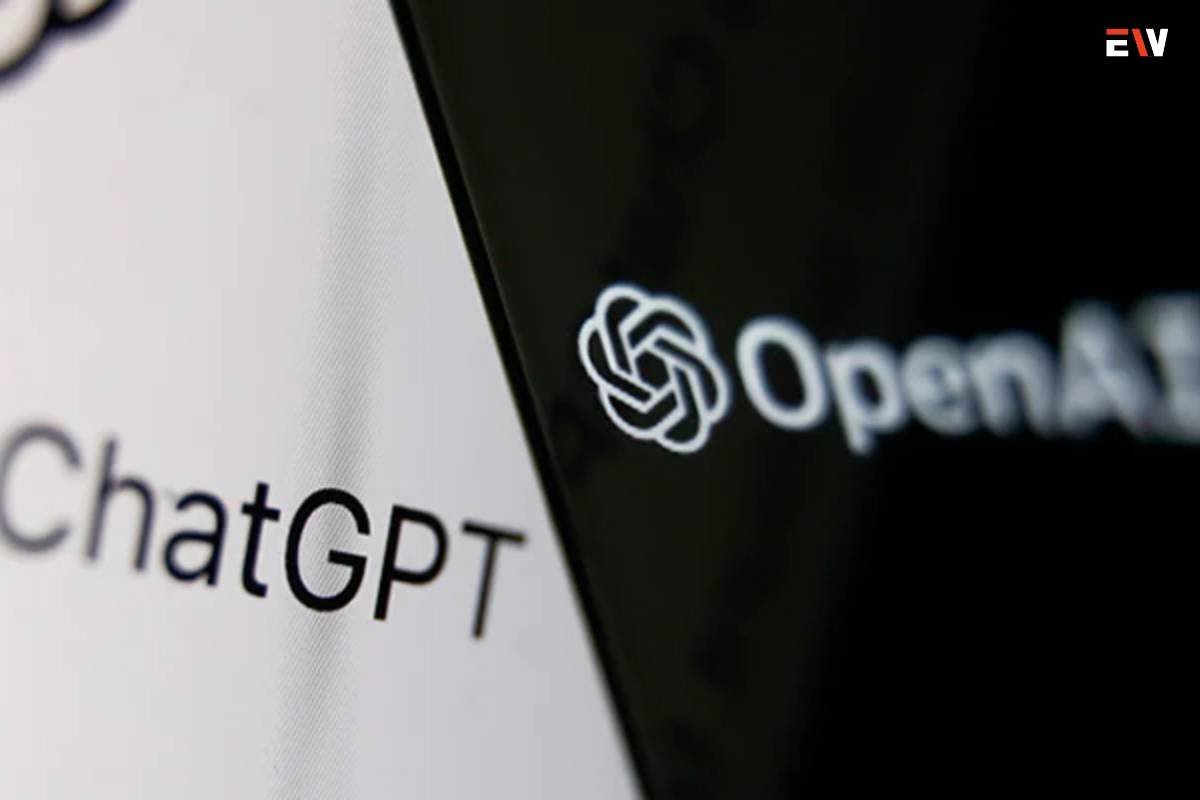OpenAI has officially launched the internet-browsing feature for ChatGPT, a popular generative AI chatbot. This comes three weeks after the feature’s beta re-introduction, following a hiatus of several months. Historically, ChatGPT has been limited to data up to September 2021, making it unsuitable as a real-time search engine. The integration of internet services in March posed challenges due to the uncurated nature of the live web, risking misuse by bad actors and algorithmic chaos.
Search via Bing
Initially, web search via Bing was rolled out in May, extending to the ChatGPT mobile app in June. However, the feature was temporarily withdrawn after issues arose, including the display of paywalled content. OpenAI resumed the “Browse with Bing” feature in late September, assuring fine-tuned adherence to content owners’ instructions, particularly following Robots.txt files.
As of now, “Browse with Bing” is officially available to all Plus and Enterprise subscribers without the need to toggle their beta switch in settings, marking a significant leap forward in ChatGPT’s capabilities.
DALL-3 Beta
In a related development, OpenAI introduced DALL-E 3 into beta, a month after unveiling the latest version of the text-to-image generator. DALL-E 3 is seamlessly integrated with ChatGPT, alleviating the need for users to meticulously craft text prompts. With ChatGPT handling much of the heavy lifting, users can expect images generated by DALL-E 3 to closely align with their intentions.
Moreover, DALL-E 3 is now embedded directly into ChatGPT, allowing users to receive images as part of their text-based queries without switching between the two applications. Beta access is available on both web and mobile platforms by selecting “DALL-E 3 (Beta)” from the GPT-4 tab inside ChatGPT.
How to Use DALL.E 3 – Top Tips for Best Results
Transition into a versatile tool
This expansion represents a significant shift for ChatGPT from a purely text-based generator to a versatile tool encompassing audio and imagery. Last month, OpenAI introduced verbal interaction capabilities, enabling users to engage in spoken conversations with ChatGPT. Users can ask the chatbot to invent and narrate bedtime stories, bridging the worlds of Alexa-style voice assistants with powerful large language models.
Furthermore, ChatGPT now supports image-based searches, allowing users to upload pictures and discover information about objects or find similar items. OpenAI’s overarching goal is to transform ChatGPT into a fully integrated, real-time, multimedia generative search engine, providing users with a comprehensive and dynamic experience.
Staying at the forefront
This broad expansion strategy underlines OpenAI’s commitment to staying at the forefront of AI innovation. The integration of real-time web browsing, DALL-E 3, and other multimedia features underscores the organization’s drive to provide users with a multifaceted and powerful tool that adapts to their diverse needs.
With these latest updates, OpenAI continues to push the boundaries of AI capabilities and demonstrates its commitment to enhancing the utility and versatility of ChatGPT, which is now evolving from a mere text-based chatbot into a holistic, multimedia knowledge and creativity assistant. As technology advances, it will be fascinating to see how users harness these capabilities to address their various needs and tasks. OpenAI’s journey toward integrating artificial intelligence with human creativity and knowledge exploration is indeed an exciting one, and the future promises even more transformative developments in this field.










